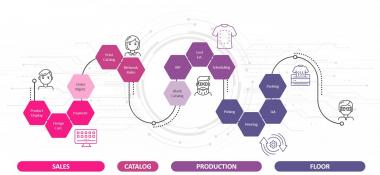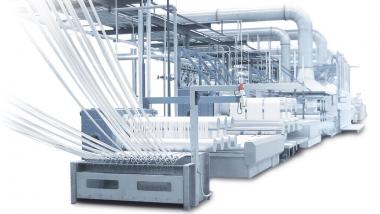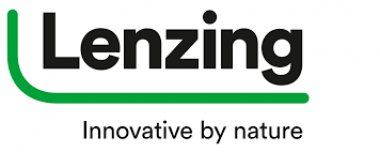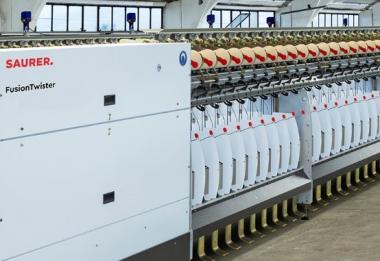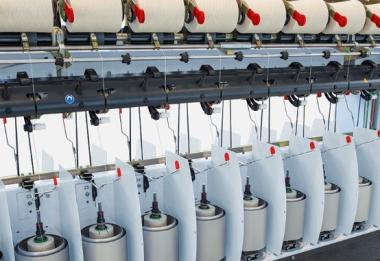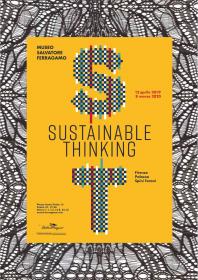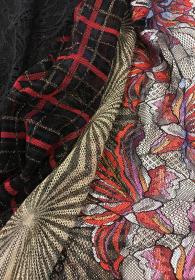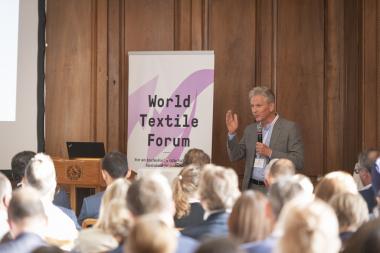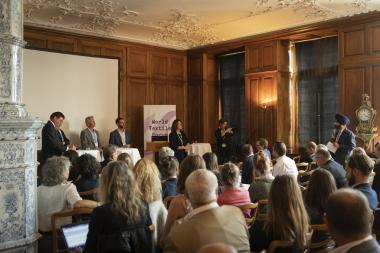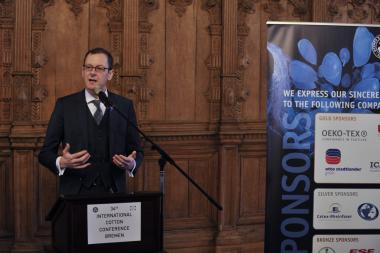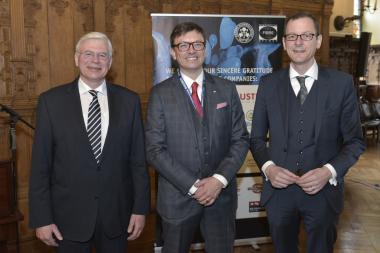NCTO: Statement on "Made in America" executive order
National Council of Textile Organizations (NCTO) President and CEO Kim Glas issued a statement today on the White House announcement that President Biden will sign an executive order today, “ensuring the future of America is Made in America by all of America’s workers.” Further, NCTO launched a new industry video campaign today that outlines steps the Biden administration and Congress must take to re-shore the production of personal protective equipment (PPE) and the entire supply chain for critical products. The video can be found here: MakeAmericanPPE.
National Council of Textile Organizations President and CEO Kim Glas said:
“We commend President Biden for taking action in his first days in office to strengthen our domestic supply chain and manufacturing base with a “Made in America” executive order directing the federal government to spend taxpayer dollars on American-made goods produced by American workers using American-made components.
Increasing the domestic procurement threshold and the price preferences for domestic goods under the current Buy American law will bolster domestic production and stimulate more investment in U.S. manufacturing.
We believe it is critical that taxpayer dollars are used to invest in American manufacturing and our workforce. It is essential that we close loopholes in our Buy America laws, expand application and product coverage of domestic content rules, and close unnecessary contract waivers that undermine American manufacturing and its workforce.
We look forward to working with the Biden administration and Congress on immediately strengthening our domestic procurement laws. The COVID-19 crisis was exacerbated when foreign supply chains broke down leaving our frontline workers vulnerable, underscoring the vital need for America to manufacture essential medical products at home. We look forward to working with the Biden administration on implementing this Executive Order, and with members of Congress to push critical bipartisan legislation to help ensure this onshoring effort is fully realized.
We also sincerely thank Senator Sherrod Brown (D-OH) and Representative Kathy Manning (D-NC) for their leadership in sending a recent letter to President Biden, requesting the president prioritize “Made in America” personal protective equipment (PPE) purchases and outlining key steps the administration can take to produce and procure quality American-made PPE for frontline workers.”
National Council of Textile Organizations













